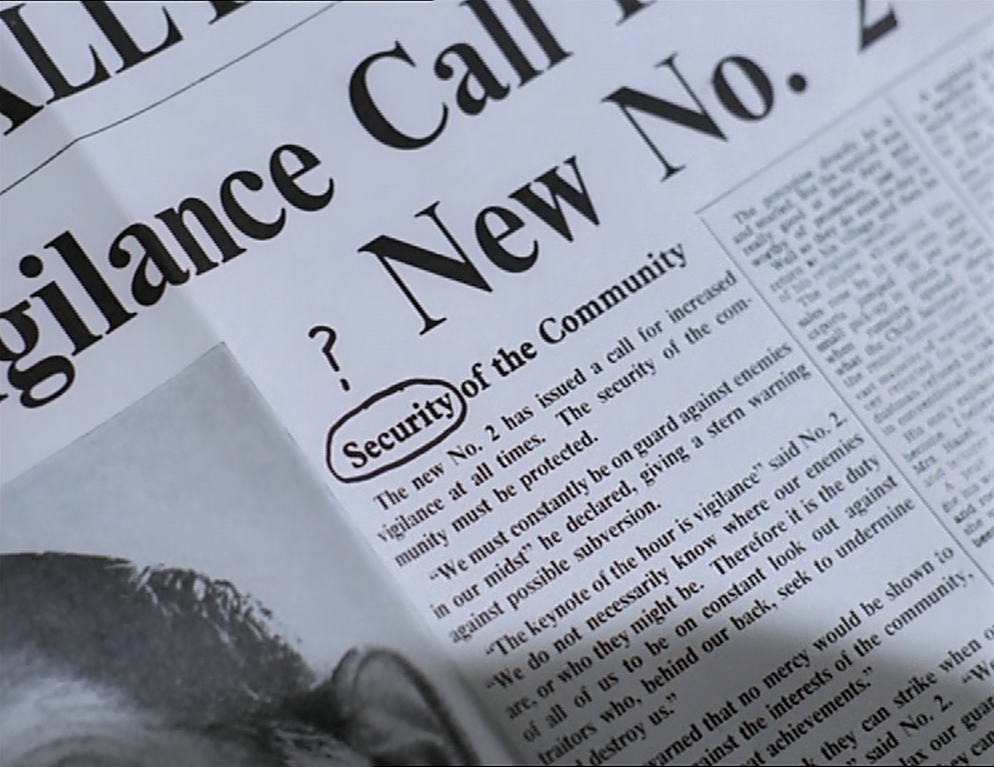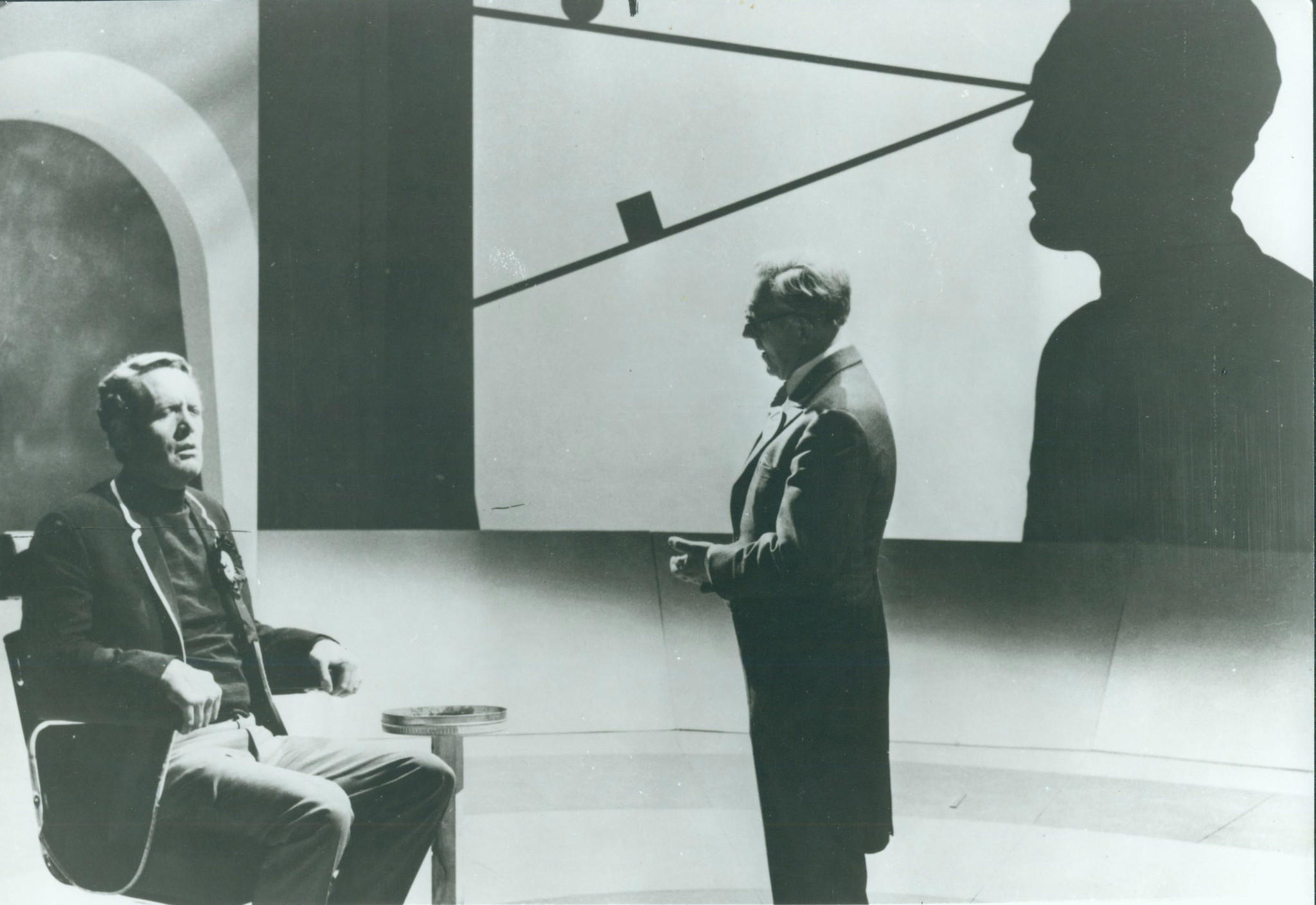Over the last two years, we’ve been working to rid ourselves of web services that track and gather personal data. As of today, we’re officially untracked.*
Becoming untracked was a difficult and time-consuming process, so I thought I’d share a few of our solutions in the hopes that you might find them helpful. But before I start, I’d suggest the somewhat obvious step of navigating the web with Opera and Duck Duck Go.
Oh, and if you have an account on any social media platform, delete it. Immediately.

Productivity Services
For us, productivity services are the daily-use applications necessary for organizing, sharing, and archiving digital activity. These include local (and remote) file and photo storage, calendar events, dynamic news feeds (rss), task management, and web bookmarks.
Our Solution
For all of these services (and a few more!), we’ve implemented a privately hosted NextCloud server. NextCloud provides a device-agnostic, reliable and self-contained replacement for most of the Apple/Google ecosystem.
Our data syncs/updates across all of our devices and operating systems — instantly. Snap a photo or add a calendar event and it’ll be uploaded for sharing/editing in seconds. Implementing this particular solution safely is a task for an IT professional, but if you can manage it, the benefits are significant.
Email and Contact Management
When it comes to reliability, spam filtering, and integration, nothing (outside of an enterprise-level system) can beat Gmail. That said, we’re tired of paying for email with targeted advertising based on the contents of our private conversations.
Our Solution
The key for us was to find an established, device-agnostic platform with a zero-knowledge protocol. In a word, Proton Mail. (OK, that’s two words…) Bonus: for a small fee, they offer a wonderfully versatile and fast VPN service.
Cloud Storage
For us cloud storage means “cold storage” or long-term archiving. Most importantly, it needs to happen in the background because who wants to think about data archiving?
Our Solution
SpiderOak. As before, this is a zero-knowledge service (with end-to-end encryption) that performs instant (on demand) automated backups from our local storage servers (described above). The desktop application isn’t quite up to snuff, but all things considered, it’s affordable and it gets the job done.

Outstanding Issues
We have not yet found a decent replacement for Google Maps.
Our cars have GPS which simply cannot be turned off.
Collaborative file editing (Google Docs) is no longer possible.
We’re still wishing for a 100% Google/Apple-free phone option. Linux, please?
* — almost (or at least we’re no longer giving away our personal data unwittingly)





